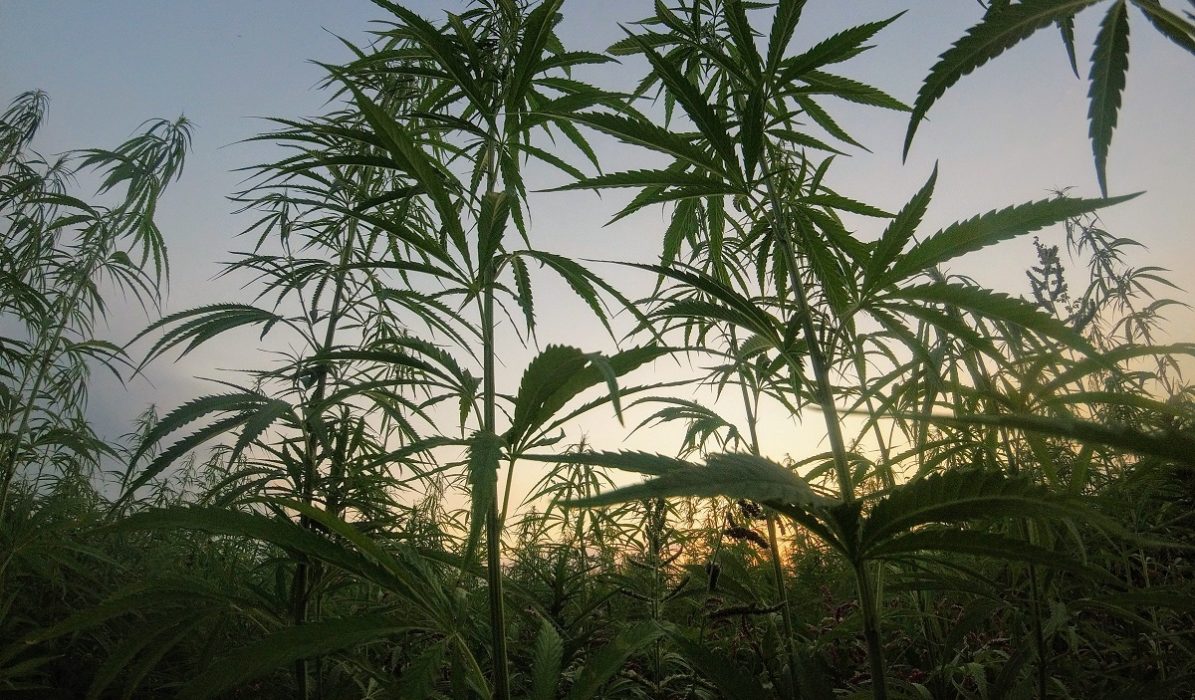The Lebanese government has passed a new law legalizing the cultivation of cannabis, making it the first nation in the Arab world to do so. While the law does not legalize the recreational use of cannabis, it does make it available for medicinal use and for export.
Lawmakers hope the new law can help stimulate an economy that is under grave threat from both a major financial crisis that began in 2019 and the global COVID-19 pandemic. Since October, the Lebanese pound has halved in value. Lawmakers are now desperate for solutions to keep their citizens alive and to ward off nationwide anti-government demonstrations. In a 2018 report, the global consultancy McKinsey predicted that legalizing cannabis cultivation could generate roughly $1 billion USD for the country annually.
Though cannabis cultivation and use was previously outlawed, the plant has been grown openly and abundantly in Lebanon’s Bekaa Valley for many years. In fact, according to the United Nations, Lebanon is already the world’s third largest exporter of cannabis resin, also known as hashish. The new law provides regulations, oversight, and legitimization for this once underground industry.

The move is a major win for human rights and personal liberty in the Arab world, which is typically more socially conservative and restrictive than many parts of the world. This is perhaps a signal that cultural and political norms in the region are undergoing a much-needed liberalization and modernization that can help improve the lives of millions.
But the new law also signifies what great economic opportunity cannabis can provide worldwide. In 2019 alone, the global legal cannabis market reached $14.9 billion USD and is projected to surpass $40 billion by 2024. As the world continues to grapple with and eventually recover from COVID-19, we will need as many options as possible to kick-start our economies. Cannabis is one of those options, not to mention one way to help cope with the tremendous anxiety and stress of a global tragedy like that we are all experiencing right now.



